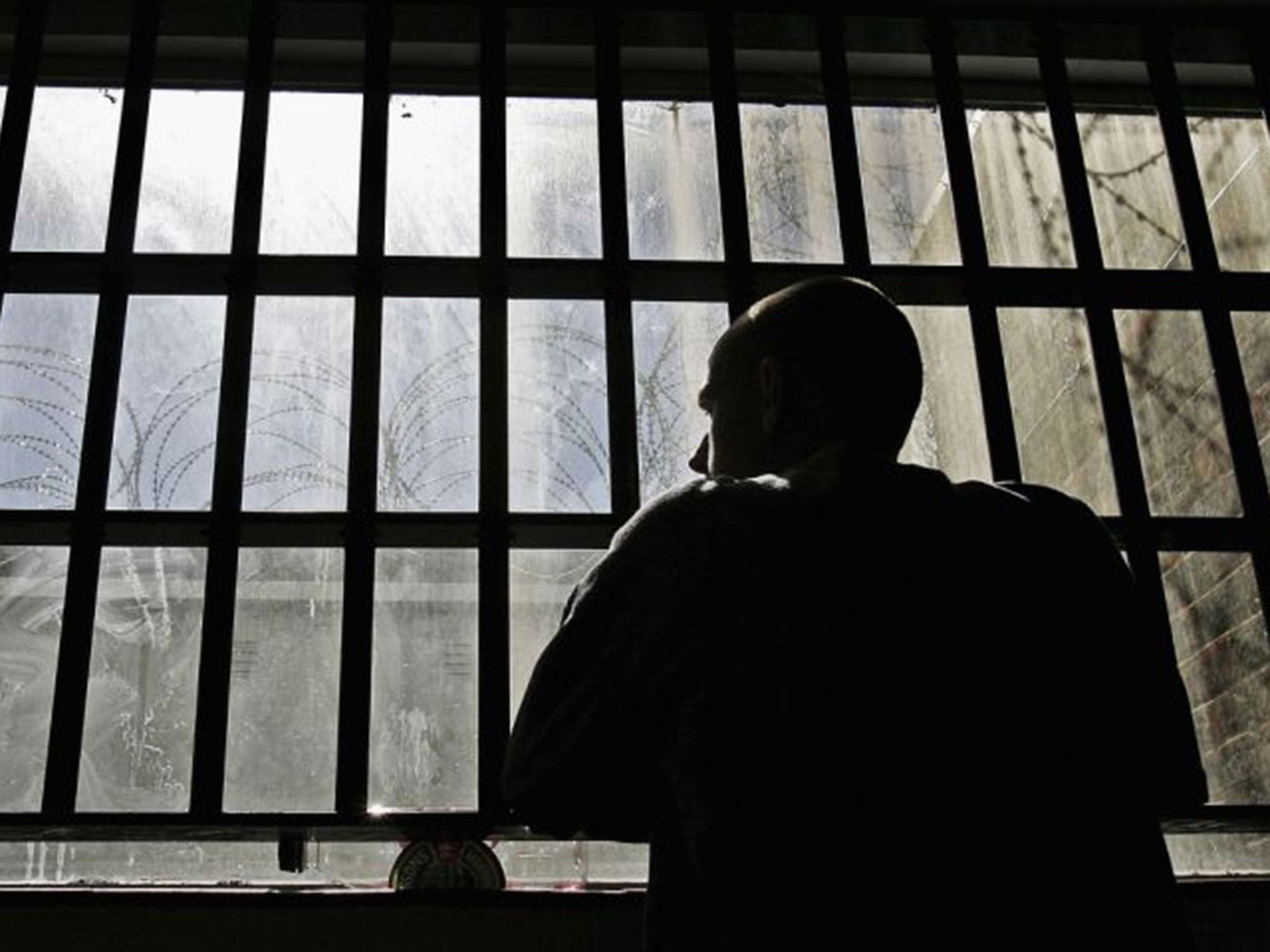Lights out - and no reading under covers: Young offenders twill be sent to bed early
Government hopes boarding school-style policy will introduce discipline to criminals’ lives

Your support helps us to tell the story
From reproductive rights to climate change to Big Tech, The Independent is on the ground when the story is developing. Whether it's investigating the financials of Elon Musk's pro-Trump PAC or producing our latest documentary, 'The A Word', which shines a light on the American women fighting for reproductive rights, we know how important it is to parse out the facts from the messaging.
At such a critical moment in US history, we need reporters on the ground. Your donation allows us to keep sending journalists to speak to both sides of the story.
The Independent is trusted by Americans across the entire political spectrum. And unlike many other quality news outlets, we choose not to lock Americans out of our reporting and analysis with paywalls. We believe quality journalism should be available to everyone, paid for by those who can afford it.
Your support makes all the difference.For David Cameron and his cabinet colleagues who grew up with the rigours of a boarding school education it was a normal fact of daily life.
Dormitory “lights out” meant exactly that – and woe betide anyone who infringed the rules. Now, in a clear case of “what worked for us might work for you”, ministers are planning to extend the discipline of fixed bed times to teenage criminals in young offender institutions.
From August, governors have been told that they must strictly enforce a 10.30pm cell lights-out policy and remove privileges from anyone breaking the new rules.
After that time televisions – or reading under the covers – will be strictly banned and staff will be expected to carry out patrols to make sure the new edict is enforced.
At the same time – perhaps to make them more ready for bed – the Government plans to more than double the number of hours of education and training that the 827 under-18s currently in custody receive each week.
At the moment, teenagers in custody receive an average of twelve hours of education a week – but this will rise to 12 under the new plans.
The Justice Secretary Chris Grayling, who didn’t himself attend boarding school, said the move was less about punishment and more about discipline.
“The public expects that serious offenders face prison,” he said.
“But it is also crucial that young people, most of whom have had chaotic and troubled lives, finally get the discipline so badly needed to help turn their lives around.
“In some prisons young people are allowed to go to bed when they please.
“I don’t think that is right. Stopping this inconsistency and introducing a strict lights-out policy is all part of our approach to addressing youth offending. Those who fail to comply will face tough sanctions.”
But the shadow Justice Secretary Sadiq Khan described the move as a “gimmick”.
“Routine is crucial for those with chaotic lives, but to think that turning the lights off at the same time in every youth prison is all that’s needed to turn them all into law-abiding citizens is a joke,” he said. “This looks like a gimmick to cover the cracks caused by Grayling’s cuts.”
Juliet Lyon, director of the Prison Reform Trust, said they felt the move was entirely inappropriate.
“A new lights-out policy will only exacerbate the problem of overuse of physical restraint in the youth secure estate, which indicates a lack of trained, experienced staff with enough time to supervise and support the challenging children and young people in their charge,” she said.
“As most parents of teenagers know, common-sense discussion, constructive activity, setting reasonable boundaries and encouraging personal responsibility all work better than new hard-and-fast rules backed by petty restrictions and harsh punishments.”
Join our commenting forum
Join thought-provoking conversations, follow other Independent readers and see their replies
Comments